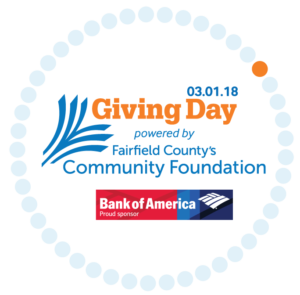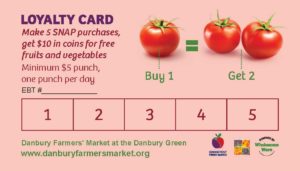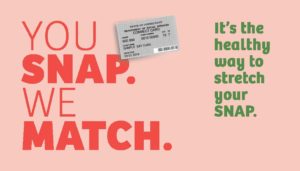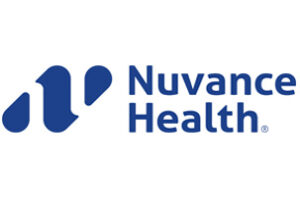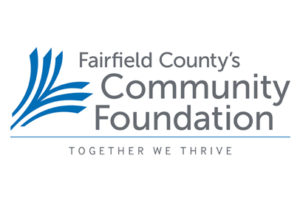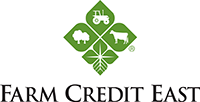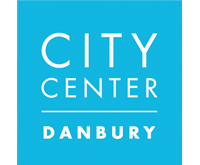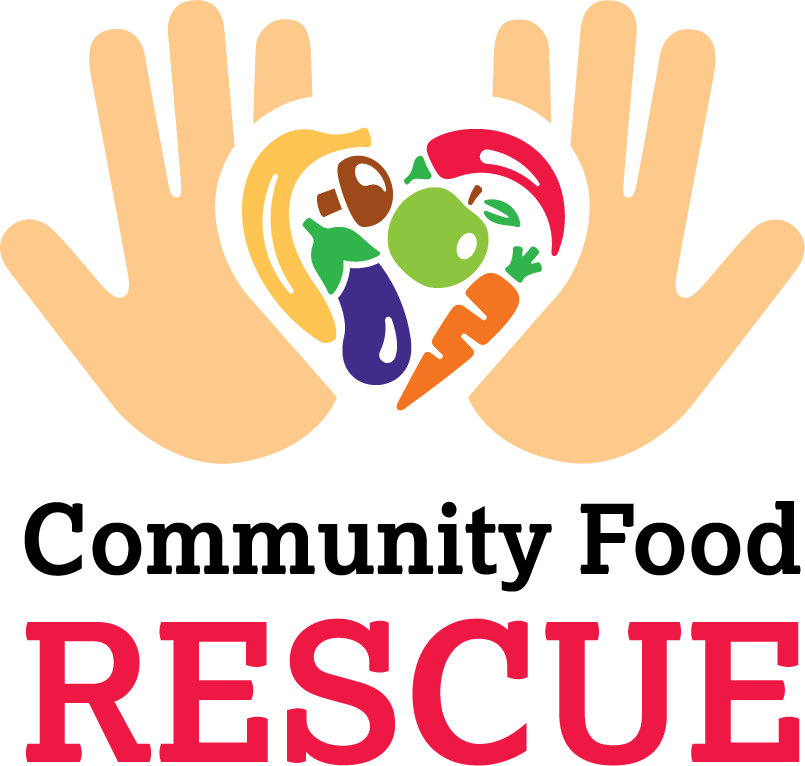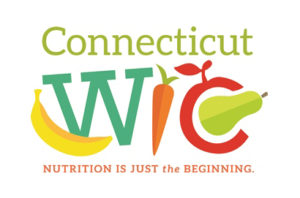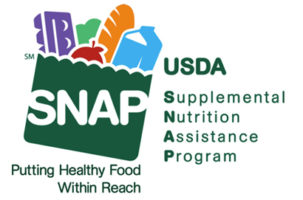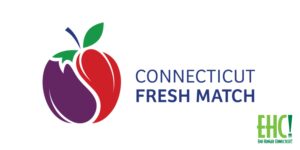Considering becoming a vendor at the CityCenter Danbury Farmers’ Market for 2020?
We will now be at the Danbury Railway Museum, a very quaint, visible spot with lots of cars passing by during our market time.
Will be a very exciting market season.
Please give us a call at 203-792-1711 or or email amy@citycenterdanbury.com or info@danburyfarmersmarket.org for details.
 What’s the deal with vegetables and so many kids’ reluctance to eat them? If you, like millions of equally frustrated parents, fear that nary a leafy lettuce leaf or crunchy carrot ever will pass through your child’s clamped lips, do not despair! Try these suggestions:
What’s the deal with vegetables and so many kids’ reluctance to eat them? If you, like millions of equally frustrated parents, fear that nary a leafy lettuce leaf or crunchy carrot ever will pass through your child’s clamped lips, do not despair! Try these suggestions: